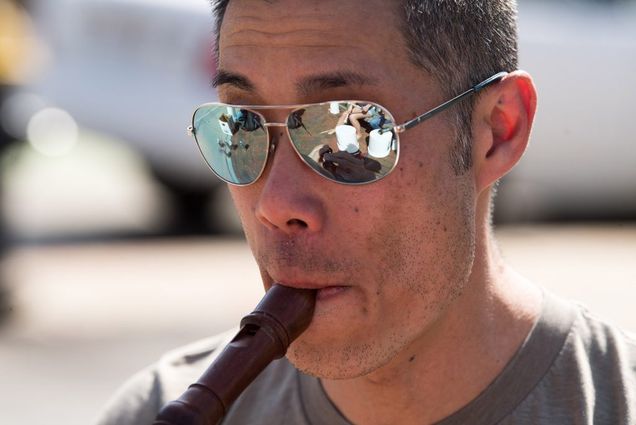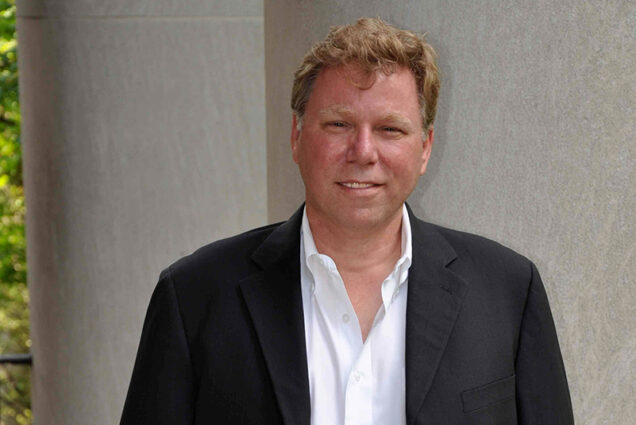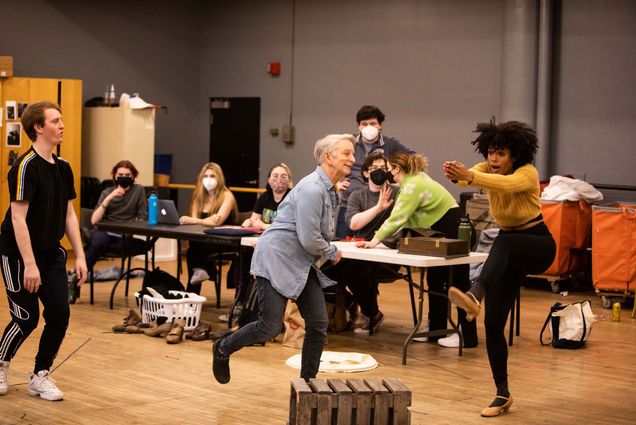
André de Quadros
Professor of Music, Music Education
André de Quadros, music educator, conductor, ethnomusicologist, writer, and human rights activist has conducted and undertaken research in over forty countries. His professional work has taken him to the most diverse settings, spanning professional ensembles, and projects with prisons, peacebuilding and reconciliation, psychosocial rehabilitation, refugees and asylum-seekers, poverty locations, and victims of torture and trauma.
Dr. de Quadros leads the following choirs: Common Ground Voices (Israeli-Palestinian-international), the Manado State University Choir (Indonesia), the Muslim Choral Ensemble (Sri Lanka), the Shanghai Cooperation Organization Countries Youth Choir, and Boston’s VOICES 21C. He co-leads Common Ground Voices / La Frontera (Mexico-US border). His conducting engagements of note include the National Philharmonic Orchestra of Bulgaria with which he toured Spain, the Massachusetts All-State Chorus (USA), the Tanglewood Institute Young Artists Orchestra (USA), the Prokofiev Symphony Orchestra (Ukraine), the National Youth Choirs of Great Britain, the Nusantara Chamber Orchestra (Indonesia), the Moscow State Radio Symphony Orchestra, the New Monash Orchestra (Australia), and the Jauna Muzika choir (Lithuania).
He is deeply committed to justice and equity, peacebuilding and reconciliation. During the Iraq war, in 2008 and 2012, he co-directed Aswatuna: Arab Choral Festival in Jordan that brought together community choirs from Iraq, Jordan, Lebanon, Palestine, and Syria. Since 2010, he has co-directed the Community Heartsong, a historic project with young Palestinian and Israeli choral musicians in East Jerusalem working to foster understanding between the two communities. Common Ground Voices based in Jerusalem has been a space for building understanding through grassroots peacebuilding efforts.
For nearly a decade, André de Quadros has worked in Massachusetts prisons, jails, and detention centers with a focus on empowering people in incarcerated settings to tell their stories through improvised music, song-creation, poetry, movement, and theater. The approach co-created by him is called Empowering Song.
As a public intellectual engaging with community, he has given countless international talks, lectures and workshops with community groups. Most recently, he co-founded the justice-focused media initiative, The Choral Commons, a media space for podcasts, webinars, educational resources, and choral creations with a focus on social justice projects.
Professor de Quadros was a Distinguished Academic Visitor, Queens’ College, at the University of Cambridge (2019) and Visiting Professor, UCSI University, Malaysia (2016-2018). Currently, he serves as Visiting Professor, Victoria University, Australia and Guangdong Polytechnic Normal University, China. He is the artistic director of Conducting 21C: Musical Leadership for a New Century at the Eric Ericson International Choral Centre in Sweden. Through this he is seen as a pioneer in conducting pedagogy through a process of music-making that stretches the boundaries of traditional music-making by developing compassionate, creative performance and engagement, and cross-cultural experimental repertoire. He is the artistic director of the London International Music Festival, a member of the Scientific Board of the International Network for Singing Hospitals, a member of the steering committee of Conductors Without Borders, a member of Interkultur’s World Choir Council, and a faculty member of the International Choral Academy, and CHORALSPACE – International Academy for Choral Arts. Since 2011, he has been the founding director of the Music Research and Composition Network of the Social Science Research Network (SSRN), the fourth largest online repository in the world. Additionally, he serves on numerous advisory and editorial boards.
His work in public health has taken him to sites of poverty in Guatemala, India, and Peru, where he has pioneered an arts-based community development (ABCD) approach to discover the power between the arts and public health through narrative community theater.
André de Quadros has edited and contributed to Many Seeds, Different Flowers: The Music Education Legacy of Carl Orff (CIRCME), The Cambridge Companion to Choral Music (Cambridge University Press); co-edited and co-authored Tanglewood II: Summoning the Future of Music Education (GIA Press) and My Body was Left on the Street: Music Education and Displacement (Brill); and authored Focus: Choral Music in Global Perspective (Routledge). Two other co-authored books are under contract and in manuscript, Poking the Wasp Nest: Young People Challenge and Educate Race through Applied Theatre (Brill), and Empowering Song: A Sustaining and Revitalizing Pedagogy (Routledge). He is general editor of the Carmina Mundi series of Carus-Verlag; editor of Cantemus, Salamu Aleikum: Choral Music of the Muslim World, and Music of Asia and the Pacific all published by Earthsongs (USA); and Songs of the World published by Hinshaw Music (USA).
André de Quadros has held a number of leadership positions at Boston University, including Director of the School of Music, Chair of the Music Education Department, Chair of the Department of Music in the College and Graduate School of Arts and Sciences, and Artistic Director of the Tanglewood Institute.
Prior to his current positions in the USA, Dr. de Quadros was a professor at Monash University in Australia where he was Director of Music Performance, and College Head of Richardson Hall. Before his university career, he taught at Presbyterian Ladies College and Billanook College.
For more information, visit andredequadros.com.
Affiliate faculty appointments at Boston University: African American Studies, African Studies Center, American & New England Studies Program, Center for Antiracist Research, Center for the Study of Asia, Elie Wiesel Center for Jewish Studies, Initiative on Cities, Institute for the Study of Muslim Societies and Civilizations, Latin American Studies, Pardee School Initiative on Forced Migration and Human Trafficking, Prison Education Program, and The Frederick S. Pardee Center for the Study of the Longer-Range Future










